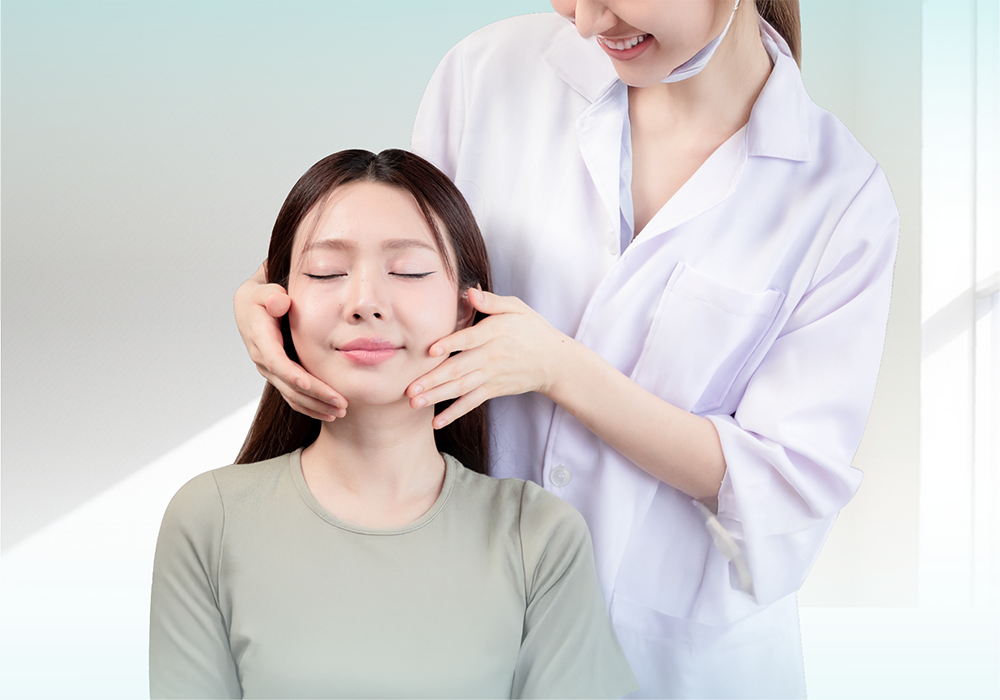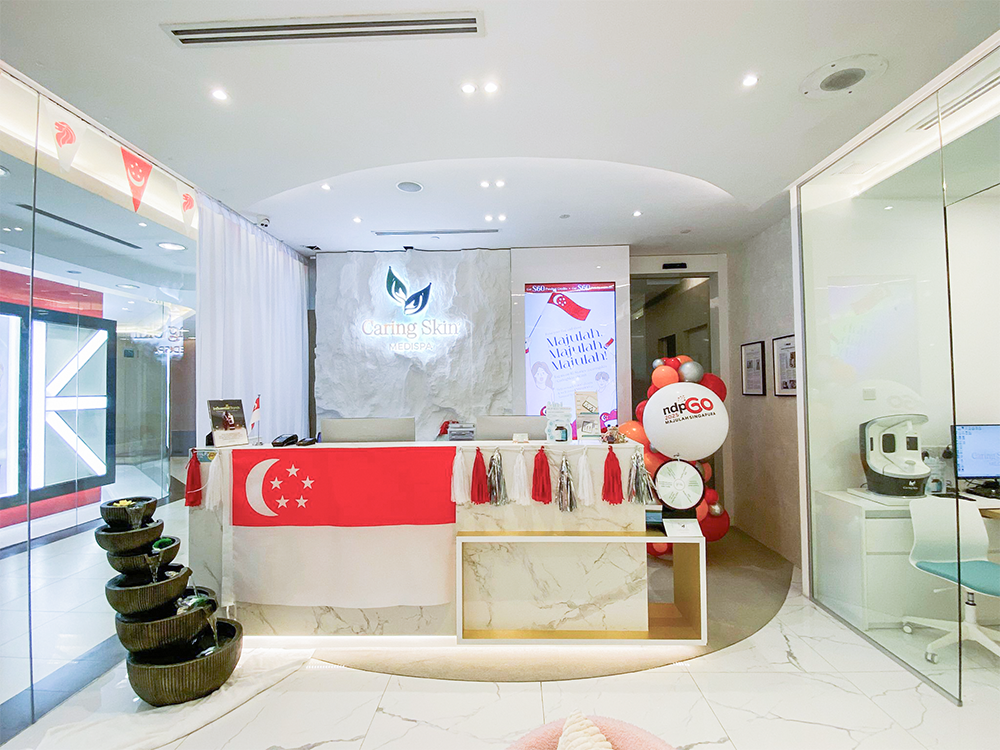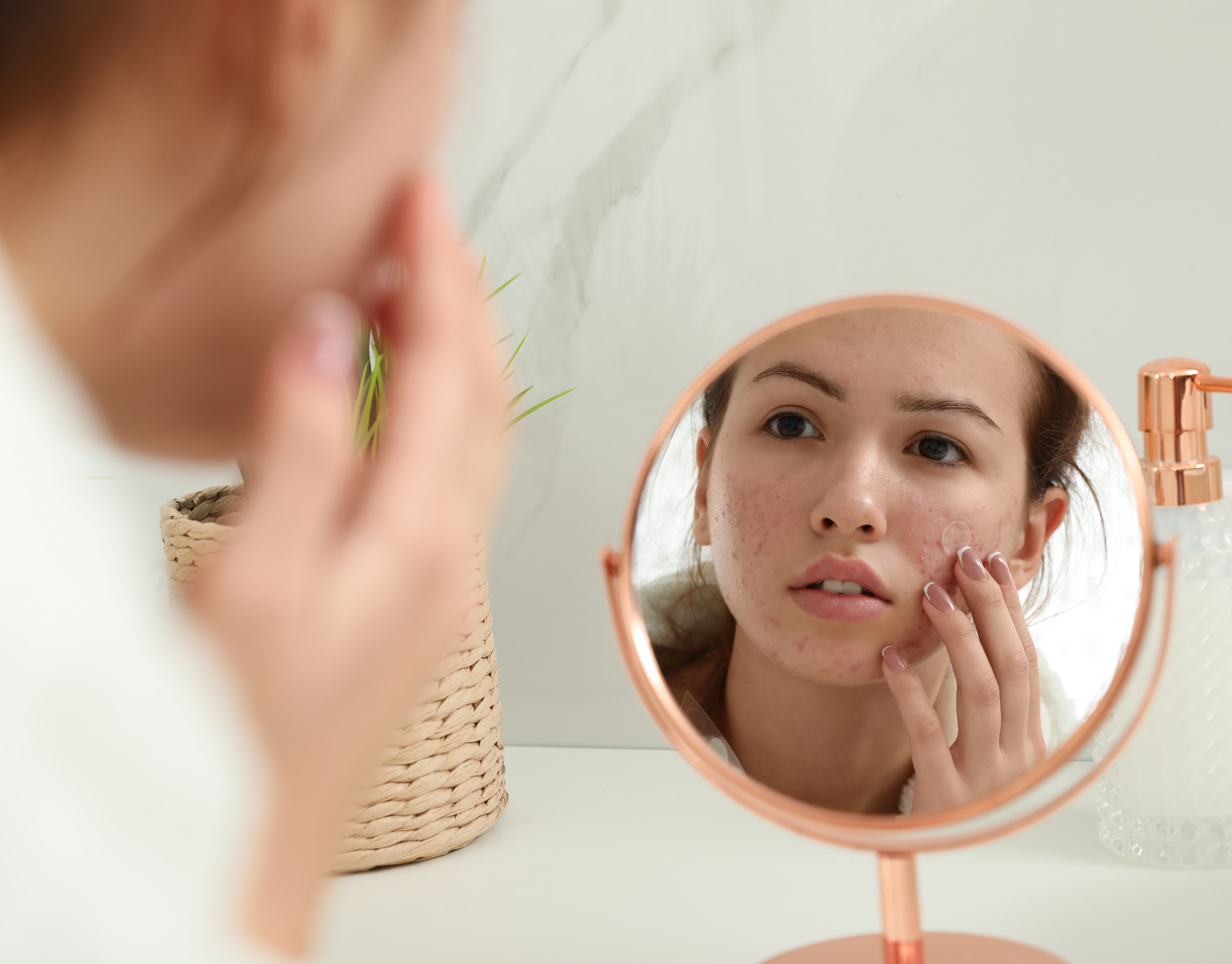Free Radicals in Skin
The phrase ‘free radicals’ have been tossed around in the skincare industry for a long time, and for good reason. Free radicals are the bad guys that’s causing your skin to ‘age’. They are the key players for breaking down our skin’s collagen, resulting in wrinkles, dark spots, fine lines and loose, saggy skin. These are the common signs of skin ageing.
Since free radicals are always around us, there are no fool-proof methods for escaping them. But not to fret, there are ways that we can actively prevent these particles from causing further damage to our skin.
But first, what are free radicals?
In order to explain these particles, we need to take you back to chemistry class. In our world, everything is made of molecules and these are made of tiny particles called atoms. These atoms are home to even tinier particles called electrons.
Electrons strictly hang out in pairs because it keeps the atom structure stable. But, due to environmental factors like UV rays and temperatures, sometimes the bond between electrons is broken, and electrons will actively search out other single electrons to be buddies with. Atoms without paired electrons are called “free radicals”.
As mentioned before, free radicals are always around us. They are produced naturally in our bodies and the process can be accelerated via various environmental factors like air pollution, cigarette smoke and toxins. Since we’re living in an urban city, we are living in higher concentrations of smog and particles, which in turn increases our risk of being affected by higher levels of free radicals.
How do free radicals affect my skin?
When it comes to your skin, a key player in ensuring that your skin remains plump and bouncy is water, which is made of hydrogen and oxygen molecules. With 60% of your very being made of water, that’s a lot of oxygen and hydrogen atoms in your body.
Now, remember that your body also naturally creates free radicals. The most common method is through a process called oxidation, whereby oxygen molecules split and become radicalised.
Oxygen atoms that are radicalised also stay loyal to the buddy system and would actively seek out electrons to pair up with. Unfortunately, since we’re talking about a process that happens within the body, these atoms would have to steal electrons from healthy cells in order to remain paired up.
This is where the danger comes in. More often than not, these radicalised oxygen atoms would steal electrons from collagen molecules. By doing this, it disrupts the structure of collagen molecules, causing them to break down and lose its shape. As we know it, collagen plays a huge role in ensuring that our skin remains soft, smooth and firm. If too much collagen molecules are having their forms disrupted, it could lead to skin sagging, wrinkles and other skin ageing-related symptoms.
Oh no, that sounds bad! How do I reduce the free radicals on my skin?
Before we get too ahead ourselves, we need to remind you that free radicals are a natural process, be it in the environment or within your own bodies. We can’t run away from them completely. However, there is one effective way that we can reduce the impact of free radicals on our skin.
Antioxidants!
Antioxidants are certain compounds that contain atoms that have a free electron readily available without losing their molecule structure. These electrons are readily available and very accessible for these free radicals to pair up with. Antioxidants are the most powerful and effective method to prevent your skin from ageing.
Nowadays, you can find antioxidants in many skincare products (like serums, moisturisers and creams) and facial services targeted to help with de-ageing your skin. Vitamins A, C and E are the most common types of antioxidants, but you can also find other types like vitamin B3 (commonly known as niacinamide), coenzyme Q10 and retinol in the market today.
In your everyday life, antioxidants are commonly found in many of the foods that you eat regularly - like spinach, berries, dark chocolate and tea. You can make it a goal to increase the amount of dark vegetables in your meals or drink green tea or chamomile tea before bed to up the antioxidant levels in your body.
Free Radicals in Skin
Unfortunately, free radicals are an unavoidable by-product of the environment around us, and with increasing pollution and global temperatures, the risk of skin ageing is more prevalent than ever.
Now, with the facial service community always innovating and bringing high-class technology to the table, there are various facials that can help you lower levels of free radicals in your skin. At Caring Skin, we have harnessed the power of the most powerful antioxidant to help you slow down the effects of free radicals - hydrogen! Not only is it known as the Nobel Antioxidant, it is also the smallest atom in the universe, making it easy to target these dangerous particles, even within the deepest layers of your skin. Your skin can stay looking fresh and youthful for a longer period of time!
Find out more about our hydrogen facial treatment - H2 Infusion - and experience it for yourself!







